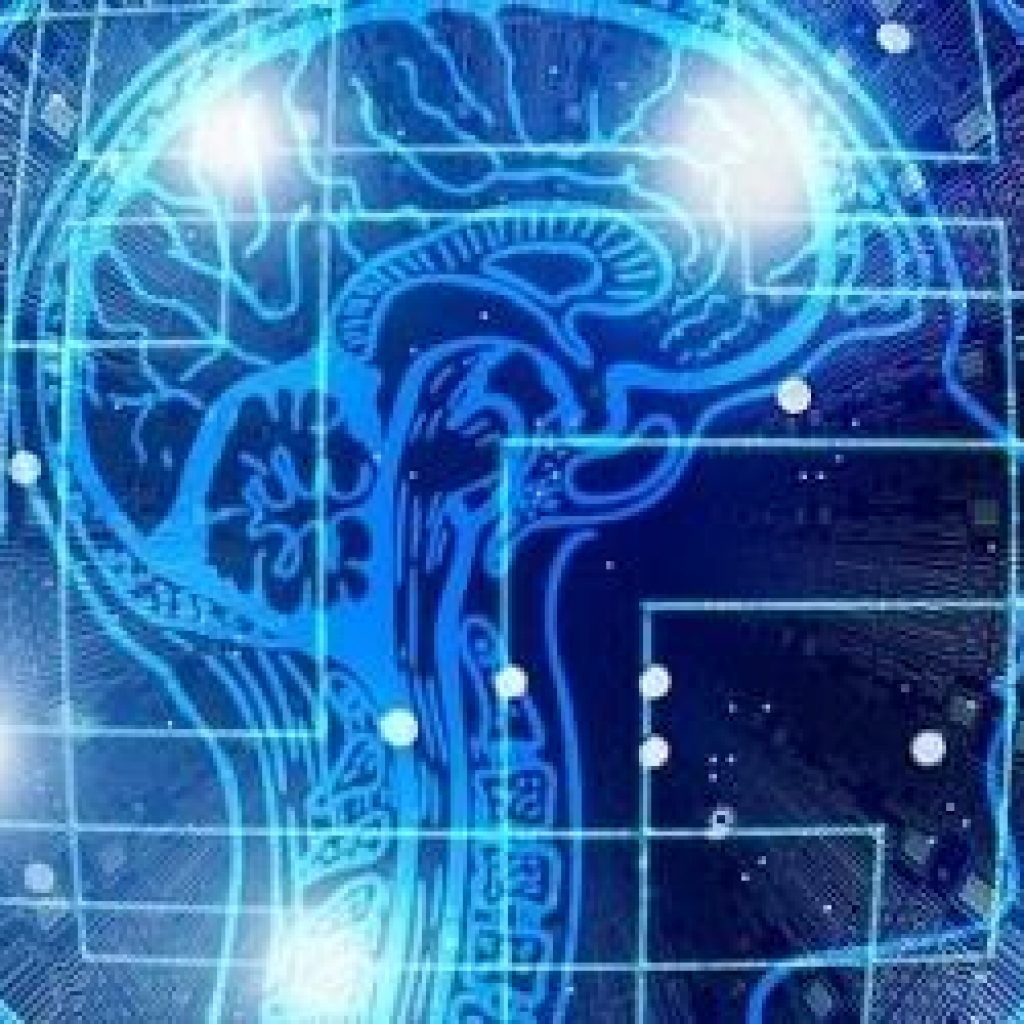(AnalyticsIndia.mag) Quantum computers aren’t mainstream yet; however, when they do arrive, they will need algorithms. So, Google’s Tensor Flow Quantum (TFQ) will bridge that gap and will make it possible for developers/users to create hybrid AI algorithms combining both traditional and quantum computing techniques.
TFQ, a smart amalgamation of TensorFlow and Cinq, will allow users to build deep learning models to run on a future quantum computer with minimal lines of Python. According to the Google AI blog post, TFQ has been designed to provide the necessary tools to bring in the techniques of quantum computing and machine learning research communities together in order to build and control natural and artificial quantum systems. e.g. Noisy Intermediate Scale Quantum (NISQ) processors with ~50 – 100 qubits.
researchers are trying to figure out a way to expedite this process of extracting value from the unmanageable swaths of data; given rise to a new discipline that has been dubbed as Quantum Machine Learning. In fact, as per a report, by 2024, the overall quantum computing will grow to USD 283 million at a CAGR of 24.9% from USD 93 million in 2019. According to Samuel Fernández Lorenzo, a quantum algorithm researcher, “Quantum machine learning can be more efficient than classic machine learning, at least for certain models that are intrinsically hard to learn using conventional computers.” However, “We still have to find out to what extent do these models appear in practical applications.”
With the increasing amount of data generated in industries like pharmaceutical, finance and life science industry, companies are losing their ties with classical computing rope. To have a better data framework, these companies now require complex models that have the potential processing power to model the most complex situations. And that’s where quantum computers play a huge role. Creating better models with quantum technology will lead to better treatments for diseases in the healthcare sector can decrease financial implosion in the banking sector and improve the logistics chain in the manufacturing industry.
Will Quantum Computing Define the Future of AI?
